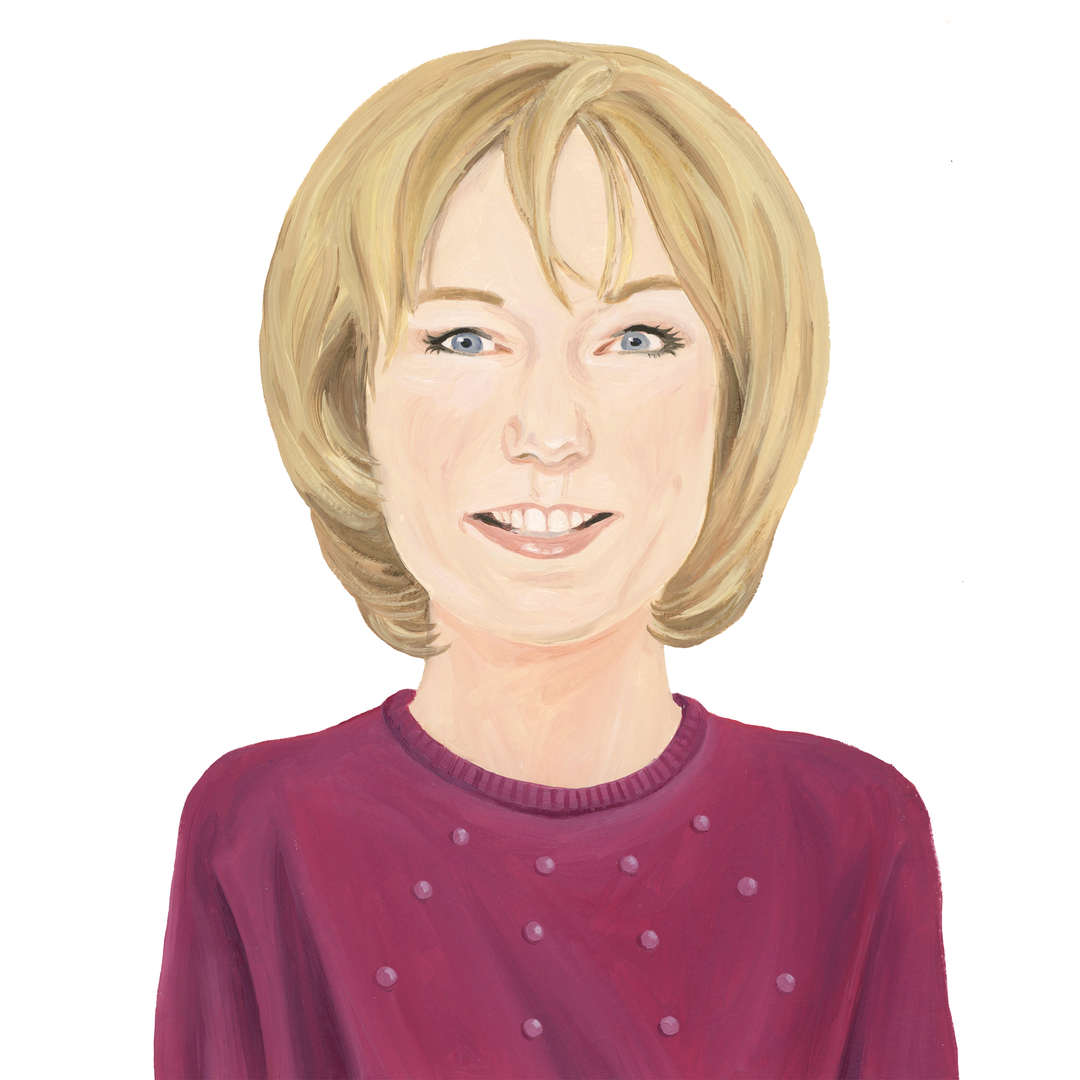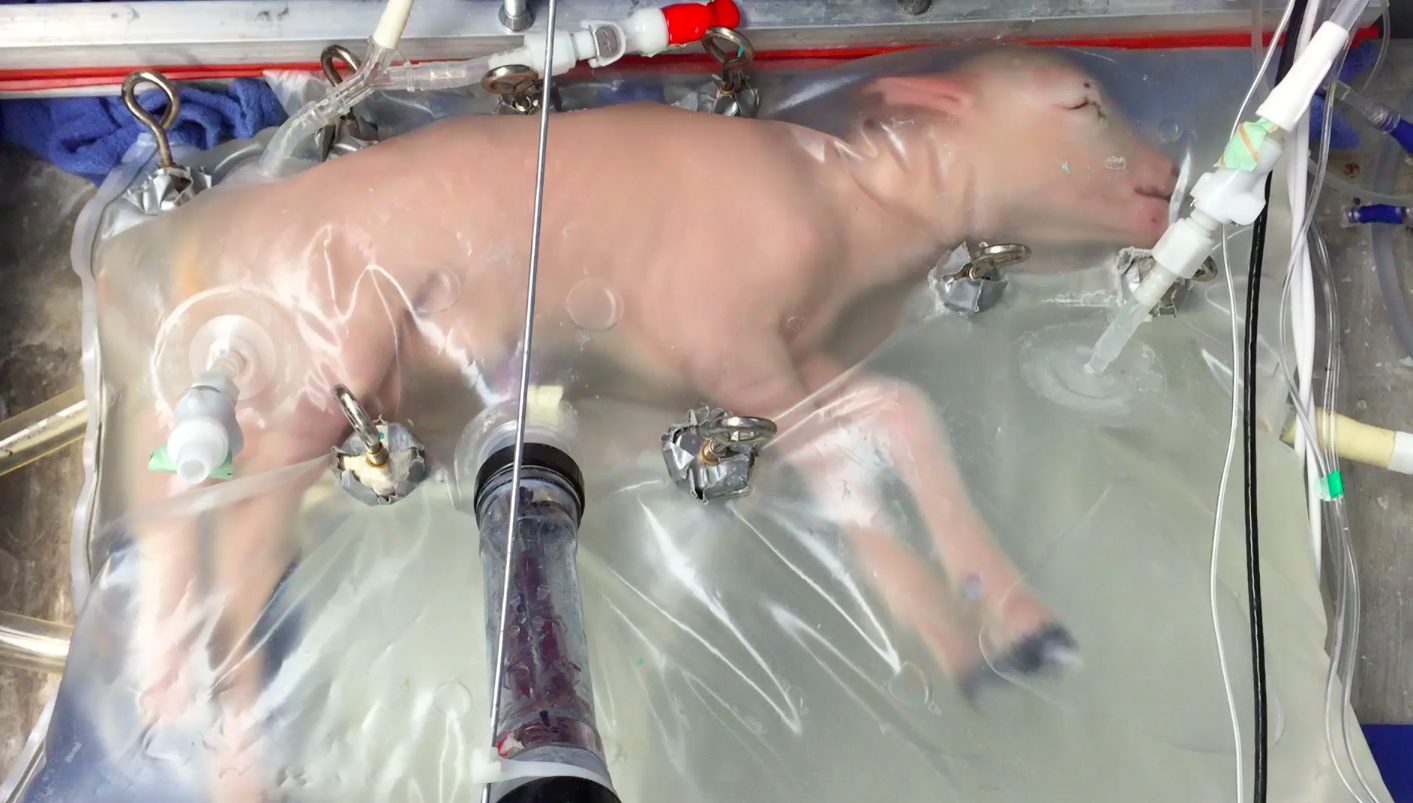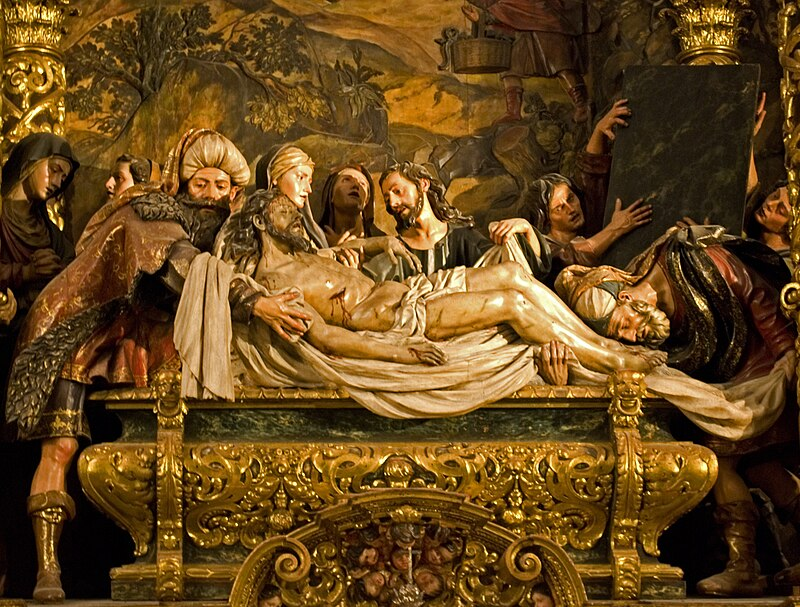Dr Ralph Schoellhammer is the Vienna academic whose work you will have read in Brussels Signal. I treat him and his articles with respect. I have to. The man has brain power and a weighty position in a university. I write stuff for newspapers. I know my place.
But this week Schoellhammer slid a line into his essay on the Austrian economist Joseph Schumpeter that made me go, “Hey, no, stop, Brainbox. Not that line again.”
It was this, and you will have heard variations of it before: “…the German sociologist Max Weber, who detected the cultural roots of capitalism in Protestantism”.
That means Weber, the German who in 1905 invented the argument for the Protestant work ethic. Schoellhammer threw him in as a drive-by comment.
I wish he hadn’t. The Weber idea has been hit on the head many times, but it never goes away.
Christian American Republicans love it particularly (when they say Christian, they usually mean Protestant). I hear it from my New England friends who sit on trust funds and remind me, primly, that American capitalism has its roots in the Protestant Work Ethic.
They remind me because any time I am manoeuvred into going to a Lutheran-inspired church service, I complain that all the hymns are nothing but re-written German folk tunes.
This irritates Protestants. It could be the reason they want me to believe Protestantism drove their trust fund bond purchases. Maybe it did. Rubbish hymns, but a solid seven per cent on the bond coupons.
Of course, Weber didn’t like all the Protestants equally as the inspiration for capitalism. He liked Calvinists in particular for hard work and value, Lutherans a bit less, Methodists and Baptists are nodded through.
But if Weber or anyone else imagines that the idea of work, save, invest, and prosper didn’t start until the Reformation, they have not been reading history.
The accepted history, that is, the cliché, is that in medieval times the population of Europe was bound in uneducated, superstitious thraldom by the Catholic Church. Only the Protestant Reformation freed them to understand science and become prosperous and capitalist.
You can blame the 18th century historian Edward Gibbon for a lot of that. He wrote that the end of the Roman Empire led to the darkness of the Middle Ages dominated by the Catholic Church. Enlightenment only arrived again with Luther and the Reformation.
In fact, the Medieval period was a time of constant innovation in science and trade.
Start small. Your spectacles? The progressive study of lens goes back into medieval times. Your GPS? Medieval obsession with calculations gave us the first mechanical clocks, the origin of modern time keeping.
Forbes magazine wrote that “Mechanical clocks like the [14th century] one in Salisbury Cathedral came to fundamentally change the way time was measured”.
It is called scientific progress.
The first computer came from the 14th century monk John of Westwyk, who the Cambridge historian Seb Falk tells us built an equatorium, a calculating instrument for identifying the location of the planets.
Falk reminds us that in the Middle Ages “people were obsessed with calculating things”. It was an age of incremental improvement, with astronomy the first fully mathematical science.
Go bigger. In the 15th century the Catholic Portuguese Bartolomeu Dias, financed by the Catholic king of Portugal, discovered the sea route from Europe to Asia.
Dias gave the West the sure way to the riches of trade with the East by sailing around the Cape of Good Hope.
Christopher Columbus was the Catholic Genoese who was financed by Spanish Catholic monarchs to explore across the Atlantic.
Go North to England and to the Catholic order of Cistercians, an order founded in the 12th century.
In 2016, in the Economic Journal a team of academics suggested this: “the Protestant ethic according to Max Weber, had a pre-Reformation origin: the Catholic Order of Cistercians.”
“In support, we document an impact from the Order on growth within the epicentre of the Industrial Revolution; English counties that were more exposed to Cistercian monasteries experienced faster productivity growth from the 13th century onwards. Consistent with a cultural influence, this impact is also found after the monasteries were dissolved in the 1530s.”
Want some capitalism? Get some Cistercians.
The first international finance in Europe was led by the two Catholic cities Antwerp and Venice. By 1500, the Portuguese established Antwerp as one of its main global shipping bases.
I have heard a Flemish historian tell me Antwerp was “the Manhattan of the 16th century.” It was the richest city in Europe.
Catholic? Oh, yes. Good at international finance, trade, profits and reinvestment? Yes, indeed. I imagine they might sniff at a seven percent bond coupon (“That the best you’ve got?”)
Weber should have taken notes.
In 1494, Luca Pacioli, a Franciscan friar who was a friend of Leonardo da Vinci published a detailed description of double-entry bookkeeping. He polished up the system so it could be widely used in business.
I am particularly interested in Pacioli because he gave industry and capitalism the modern 15th century tool of how to run a business. It was one of the tools that Protestants later used. That, and clocks, the skills of sea voyages, universities, international finance, efficient Eastern trade, banking, and on it goes.
If Protestants want to admit they had to stand on the shoulders of giants to build their own form of capitalism, they ought to admit those shoulders were Catholic.
Certainly, when Calvinists and the rest decided that they should look for signs they were saved, not by the Church, but by worldly virtue, all the tools were already at hand.
They did a good job. Benedicite, omnia opera Domini, Domino. Bless the Lord, all the works of the lord. Including the works from Calvinists and Lutherans. We all got to capitalism in the end. It’s just that the Catholics got there first.






Ireland desperately needs a properly Irish Conservative party: Here’s how we might get it